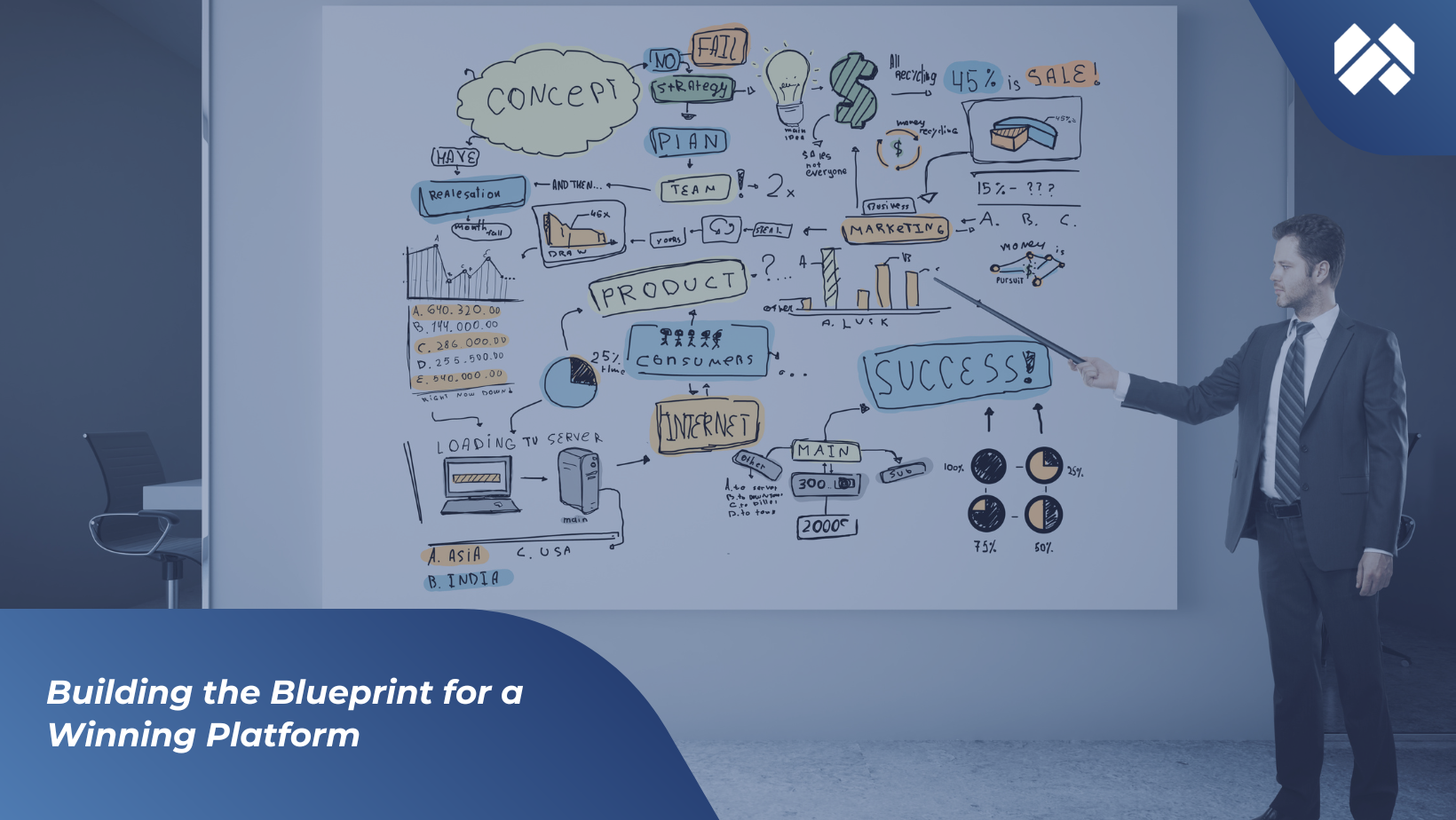What Are the Elements of a Great Platform RFP Process?
What Are the Key Elements of a Great eCommerce Platform RFP Process?
It seems to me that eCommerce Platform RFPs are starting to open up again for 2025, so I thought it would be a good idea to talk about the elements of a great RFP process. While I think the basics are well understood, some of the nuances of running a great RFP are not well understood at all.
Who Are Your Customers, and How Do They Make Decisions?
A clear picture of who your customers are and how they make decisions.
What Role Will Internal Users Play?
A clear picture of your internal users and how they will interact with the software.
Is a Technical Architecture Diagram Necessary?
A current and future state technical architecture diagram.
Who Should Be Involved in the Decision-Making Process?
A defined decision-making process and committee. A known signatory.
Why Include Procurement and Legal Representatives?
Up-front involvement of a procurement and legal representative, if there is one available.
What Should the Procurement Role Be?
An agreement with procurement for who is making the decision. Procurement as architect is to be avoided.
How Important Is a Clear Decision Philosophy?
A clear philosophy for the decision, outside of the exact technical requirements.
Is It Enough to Rely on a Feature Checklist?
A commitment to not make a decision based on a feature checklist response, but instead look at the entirety of the proposal.
Do You Have a Prioritized List of Business and Technology Pains?
A prioritized list of business and technology pains. Quantified, if at all possible.
What’s Your Strategy for Business Growth?
A clear strategy for where your business growth is going to come from, that does not include the words: "we expect the new platform to grow our revenue, or increase our conversion" or any other such nonsense. Sure it might, but it also might not. For reasons outside of the control of the platform itself.
How Should You Approach Budgeting?
A budget in mind, if not written down in your RFP document. It will become what people bid to, but that's OK. Good vendors will correct you if you are far off.
Do You Have a Vision for the New Site’s Design?
Design inspiration for the new site.
What Commitment Level Is Needed for the RFP Process?
Whoever is running the RFP process should have minimal other commitments.
Should a System Integrator Run Your RFP?
A system integrator should not run your RFP. (Almost 100% of) System Integrators are beholden to specific platforms. This bears repeating.
How Should You Choose Between Platform and System Integrator?
You should choose your platform and system integrator in rapid succession as part of your selection process. But you should be talking to both at the same time.
Are System Integrators Specialized in All Requests?
Know that most system integrators will respond to any request, even if it's not their expertise. This is often not to your benefit. Beware of internally created software.
What Timeline and Down-Selection Process Are Needed?
A clear timeline and down-selection process.
How Important Are Thorough Reference Checks?
Thorough reference checks, amazingly this is not done often and you might think they are not useful because they are provided by the vendor. I assure you this is not the case. I can't tell you how many times the reference has given up things like: "we never even implemented the software." (true story) or "we got shares in the company to implement this".
There's more, but this is a good start.
Expert Consulting: How Will You Grow Your eCommerce Company?
When growth is elusive, I am an expert at asking incisive questions to surface the real issues and then present straightforward ideas that your team can actually implement.
Mistakes are expensive. They cost money, of course. What’s worse is the opportunity cost. I work with investors and management teams worldwide to help them get a handle on their digital business plans to execute a clear path forward.
For more on Consulting, you might also like:

